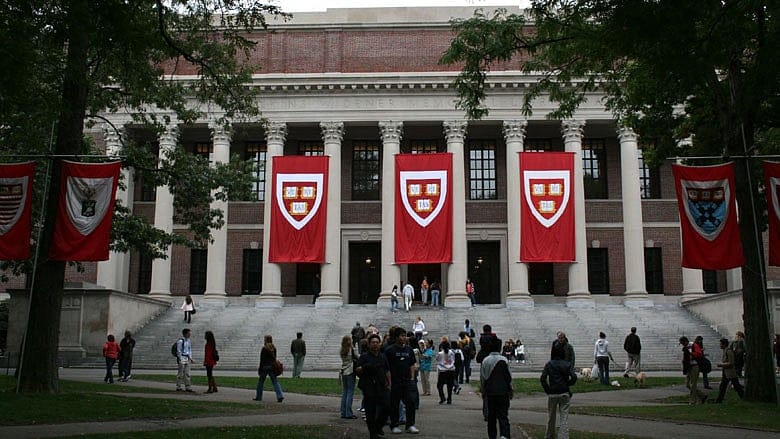Can Harvard Seal Admissions Data in Asian-Americans’ Lawsuit? Justice Department, First Amendment Groups Say No

BOSTON — A collection of Asian-Americans contesting Harvard University's affirmative action policies in federal court are gaining the backing of a significant ally in their quest to force the elite Ivy League institution to fork over admissions data.
The U.S. Department of Justice on Friday submitted a letter to the court to voice its "substantial interest in this suit and in public access to the summary judgment briefing and materials in this case," which was filed by an organization calling itself Students for Fair Admission in 2014.

